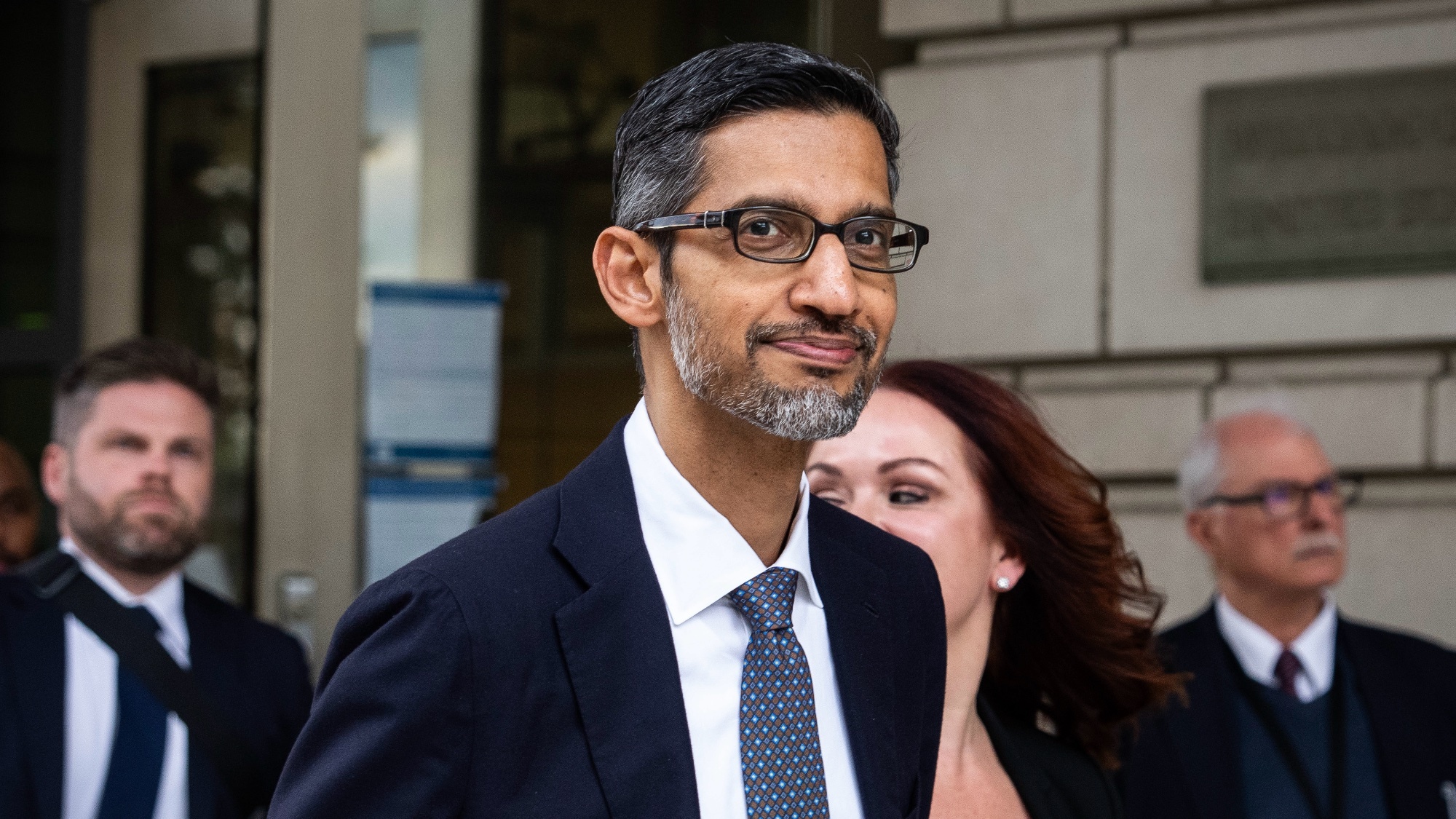Google search declared monopoly in landmark antitrust case — what you need to know
Judge says Google violated the Sherman Antitrust Act

Google has been hit with a major legal blow in an antitrust lawsuit, with a federal judge ruling that the search giant violated Section 2 of the Sherman Act. The ruling could potentially change how Google Search operates, depending on what penalties Google is assessed.
"After having carefully considered and weighed the witness testimony and evidence, the court reaches the following conclusion: Google is a monopolist, and it has acted as one to maintain its monopoly. It has violated Section 2 of the Sherman Act," federal judge Amit Mehta wrote in the 277-page opinion.
The Sherman Act is an antitrust law that's been on the books since 1890, outlawing monopolistic business practices. The National archives describe the Act thusly, "The act was designed to restore competition, but it was loosely worded and failed to define such critical terms as "trust," "combination," "conspiracy," and "monopoly."
Specifically, Google has been charged with violating the Sherman Act in two areas: general search services and general text advertising via exclusive distribution agreements. The company has spent billions of dollars on exclusive contracts, including competitors like Apple, to become the dominant search browser on phones and browsers.
Such contracts helped give Google global scale and most likely helped block other search engines like Microsoft's Bing or the privacy engine DuckDuckGo from gaining better standing.
This trial has been working through the system since 2020 when the Justice Department and several states sued Google over the company's dominance in search. At the time, the DOJ claimed that Google had over 90% of search traffic. Sites like Similarweb confirm that number showing that competitors like Bing and Yahoo barely have 6% in comparison.
The actual trial lasted 10 weeks in the fall of 2023, though closing remarks did not come until May of this year, during which Judge Mehta grilled Google lawyers. Google's central argument was that it isn't a monopoly because people use other companies like Amazon to search for products or social media to find music.
Sign up to get the BEST of Tom's Guide direct to your inbox.
Get instant access to breaking news, the hottest reviews, great deals and helpful tips.
"Certainly I don’t think the average person would say, ‘Google and Amazon are the same thing," Mehta said.
Google's antitrust lawsuit draws comparisons to the turn of the millenium case that was brought against Microsoft for its own anticompetitive practices in forcing Internet Explorer to be on every device.
"Still, the court is taken aback by the lengths to which Google goes to avoid creating a paper trail for regulators and litigants," Mehta wrote in the ruling. "It is no wonder then that this case has lacked the kind of nakedly anticompetitive communications seen in Microsoft and other Section 2 cases."
Google has already stated that the company plans on appealing Mehta's ruling.
The fallout of this ruling will take some time to make its way to consumers, but it could drastically alter how Google makes its search engine available to consumers and may change how other companies interact with Google and whether or not Google is the default by impacting how Google deals with them.
Avi Greengart from analyst firm Techsponential thinks it'll take a while before we see the repercussions — if we ever do. In a statement to Tom's Guide, he said, "As always with government intervention in tech, by the time this case finishes all the appeals and remedies processes, we may all be using genAI search from a different company anyway."
It was likely never going to be the case, but US antitrust officials hinted that a possible Google breakup was in the cards at the beginning of the case, claiming that the tech giant's behavior could stifle innovation or the rise of a successor.
Luther Lowe, the head of public policy for Y Combinator (a venture capital startup backer), commented on X, "Remember: US v Google case is broken into two parts. We now enter the remedy phase. This ruling could significantly reshape the competitive landscape to benefit "little tech" by reducing Google's gatekeeping power & creating more open competition in search & digital advertising."
This is a developing story. Check back for updates.
Google responds
“This decision recognizes that Google offers the best search engine, but concludes that we shouldn’t be allowed to make it easily available. We appreciate the Court’s finding that Google is “the industry’s highest quality search engine, which has earned Google the trust of hundreds of millions of daily users”, that Google “has long been the best search engine, particularly on mobile devices”, “has continued to innovate in search” and that “Apple and Mozilla occasionally assess Google’s search quality relative to its rivals and find Google’s to be superior.” Given this, and that people are increasingly looking for information in more and more ways, we plan to appeal. As this process continues, we will remain focused on making products that people find helpful and easy to use.” – Kent Walker, President, Global Affairs
More from Tom's Guide

Scott Younker is the West Coast Reporter at Tom’s Guide. He covers all the lastest tech news. He’s been involved in tech since 2011 at various outlets and is on an ongoing hunt to build the easiest to use home media system. When not writing about the latest devices, you are more than welcome to discuss board games or disc golf with him.
